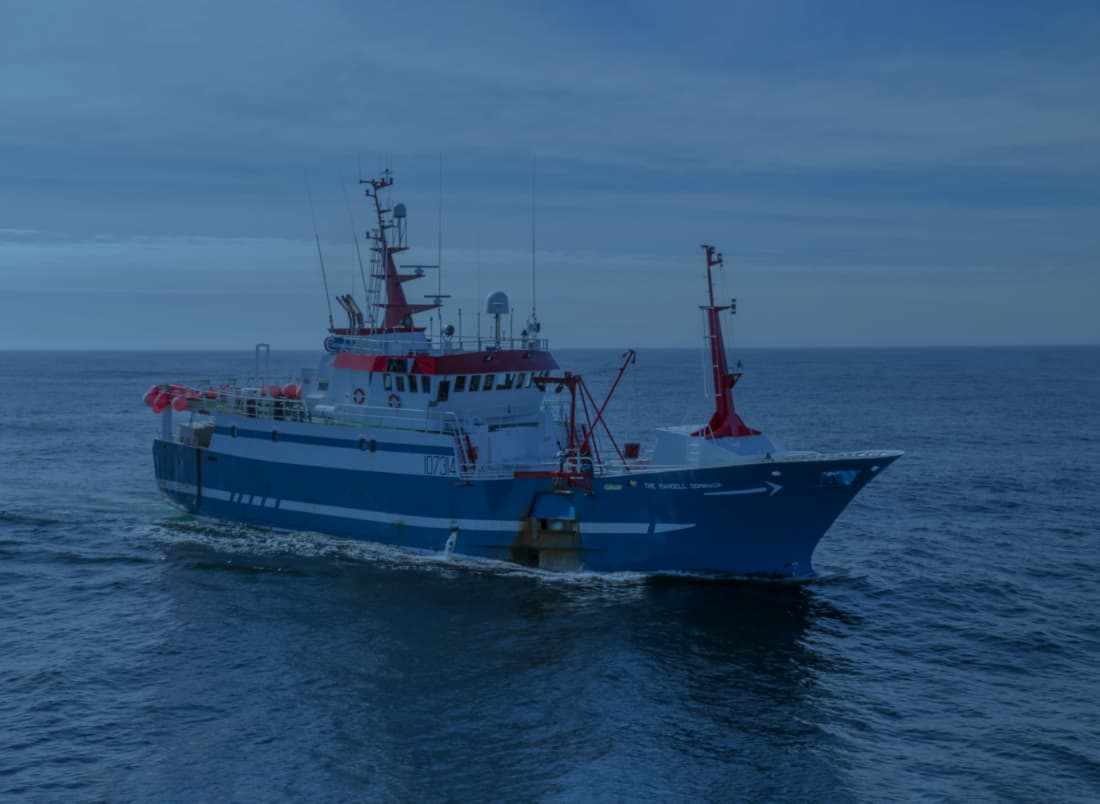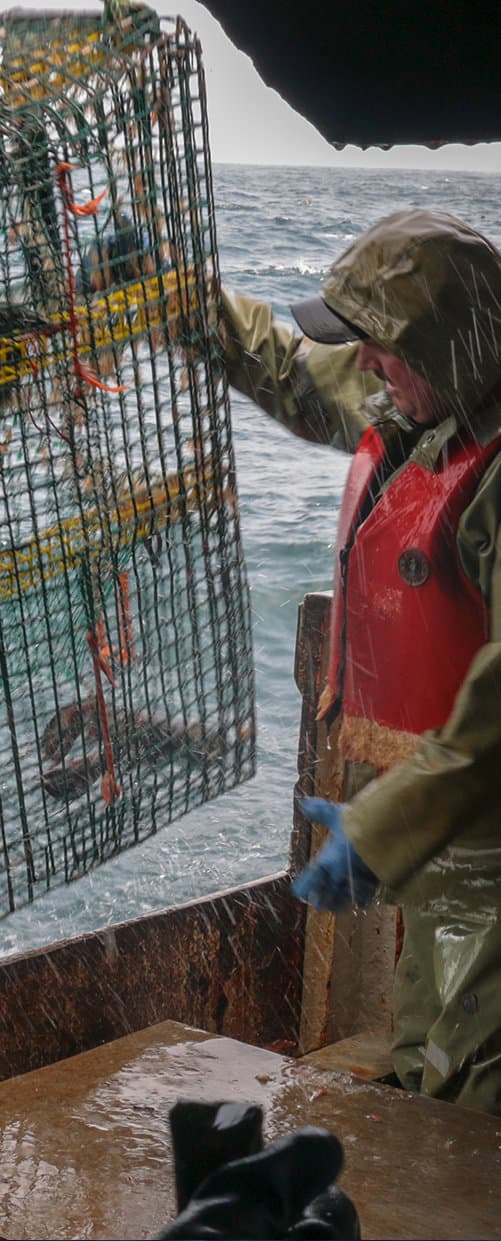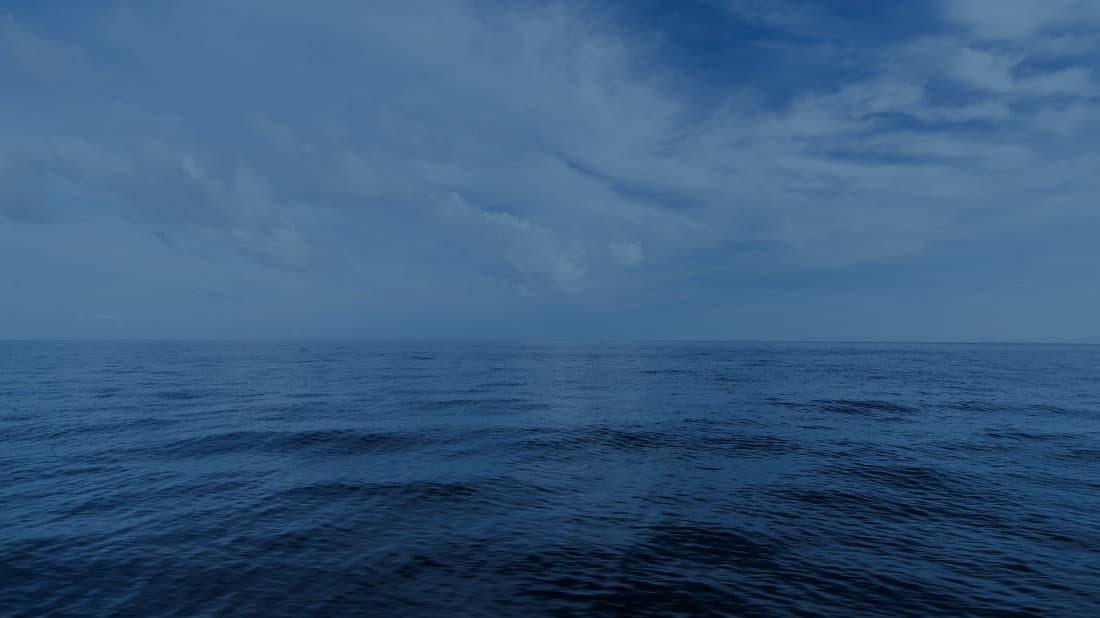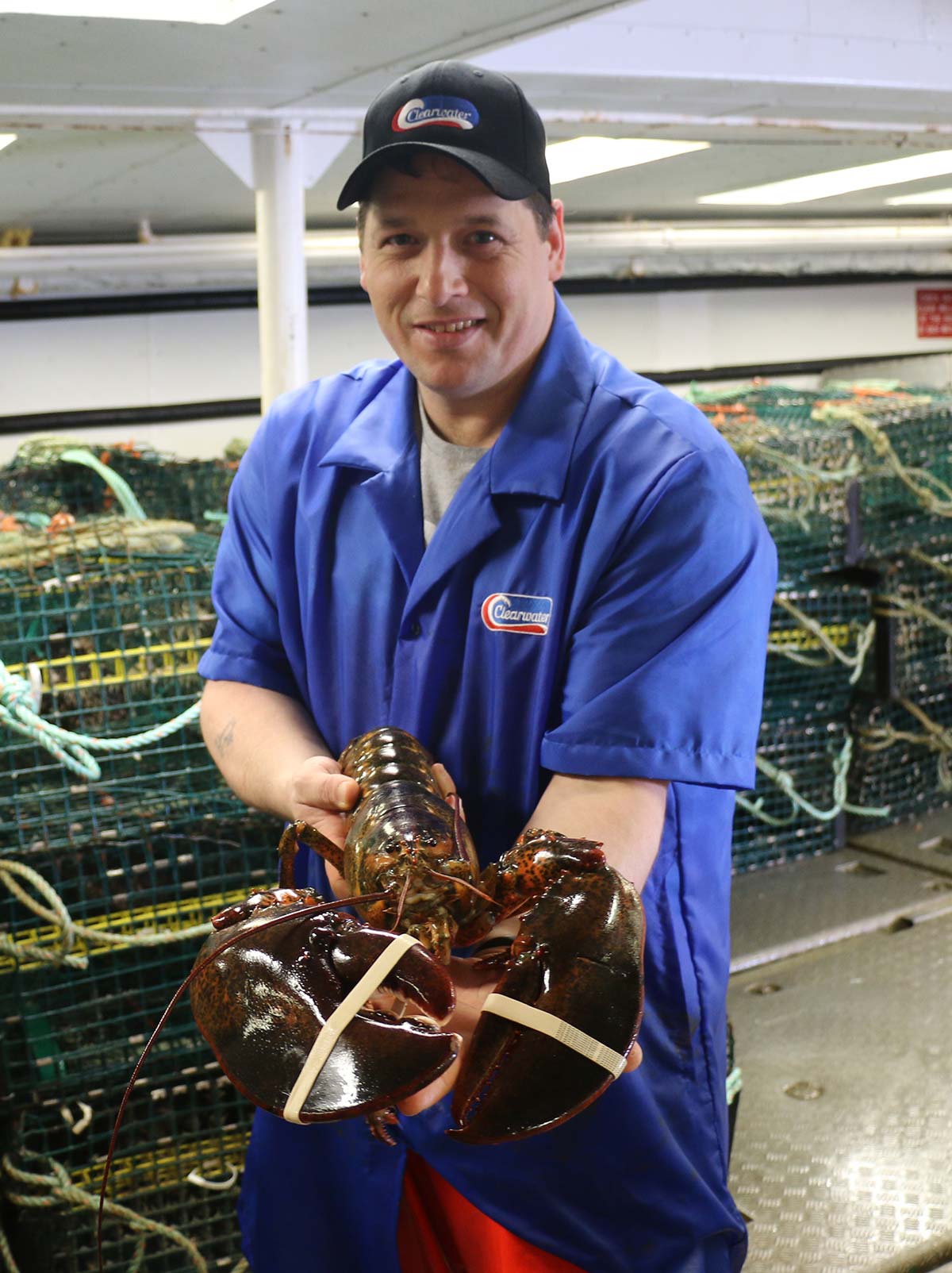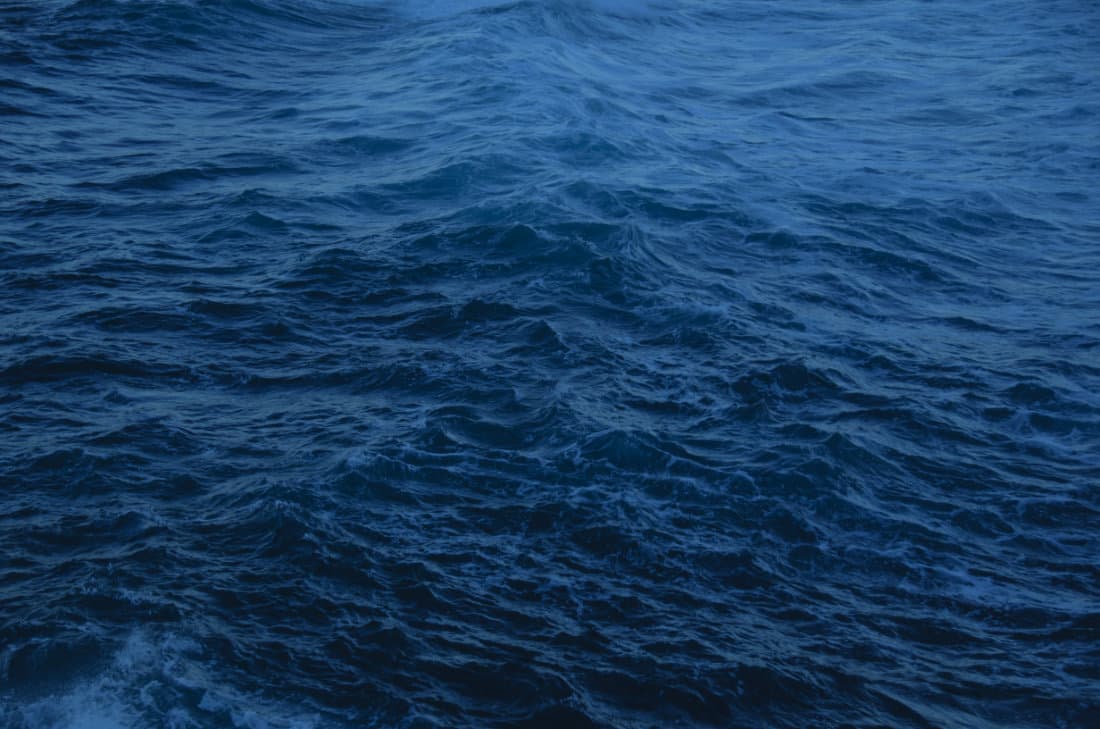Our sustainability efforts include evaluations that involve rigor, science, and independent review. We collect data and apply rigorous scientific analysis before making decisions.
The Canadian Department of Fisheries and Oceans (DFO) conducts annual stock assessments of the resource. Stock assessments include government survey data and data collected by the fishery.
Our vessel is constantly monitored by the DFO via satellite tracking. We are the only lobster fishery in Atlantic Canada that has >10% at-sea observer coverage and we report the location of all of our traps, the number of days they have been set, as well as the catch through a detailed logbook for every trip. Our landings are independently verified through 100% dockside monitoring and data on every fishing trip is submitted for government oversite.
The Eastern Canada Offshore Lobster fishery was the first lobster fishery in North America to achieve Marine Stewardship Council (MSC) certification. While the offshore fishery will voluntarily exit the MSC program at the end of 2020, the sustainability measures that were in place for 10 years of successful certification continue to be in effect.
